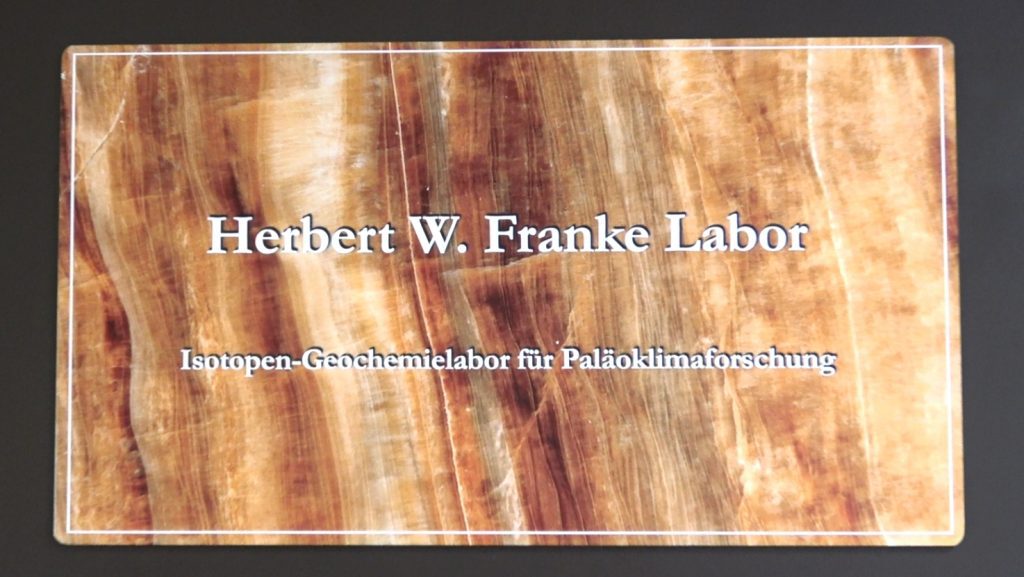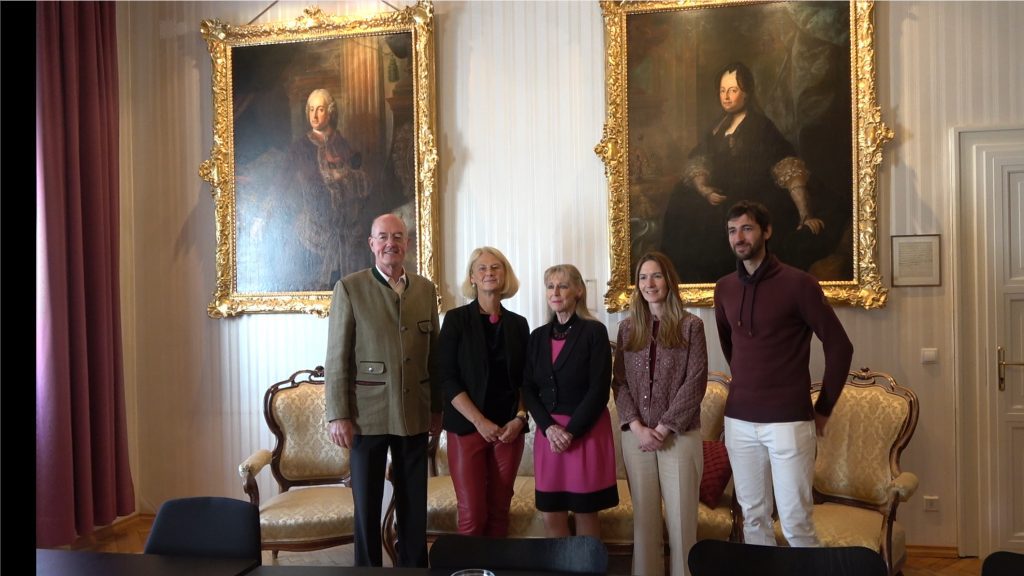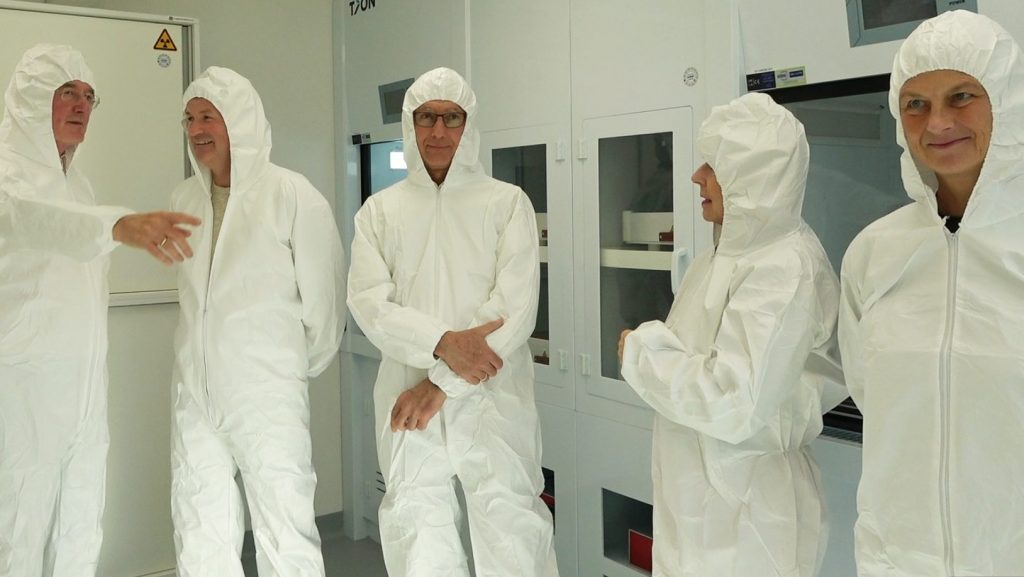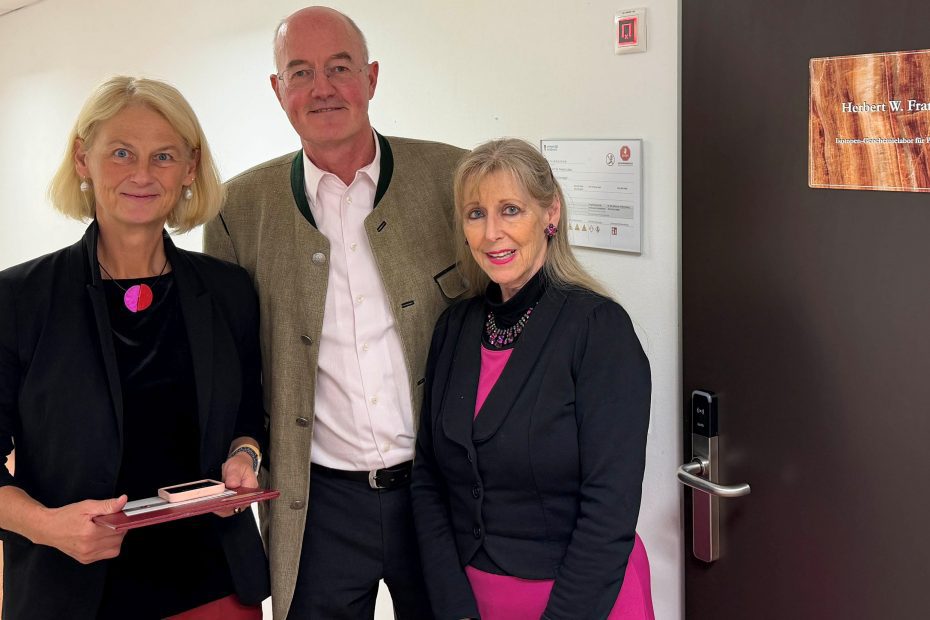Grand Opening at the University of Innsbruck
Press Release
Innsbruck, Austria – October 15th, 2025
A new clean room laboratory was inaugurated today at the Geological Institute of the University of Innsbruck in a grand opening today. Named after Herbert W. Franke, the laboratory with its state-of-the-art multi-collector ICP mass spectrometer will now make it possible to determine the frequencies of rare isotopes with exceptional precision—a key technology for dating geological samples and reconstructing past environmental conditions, known as paleoclimate.
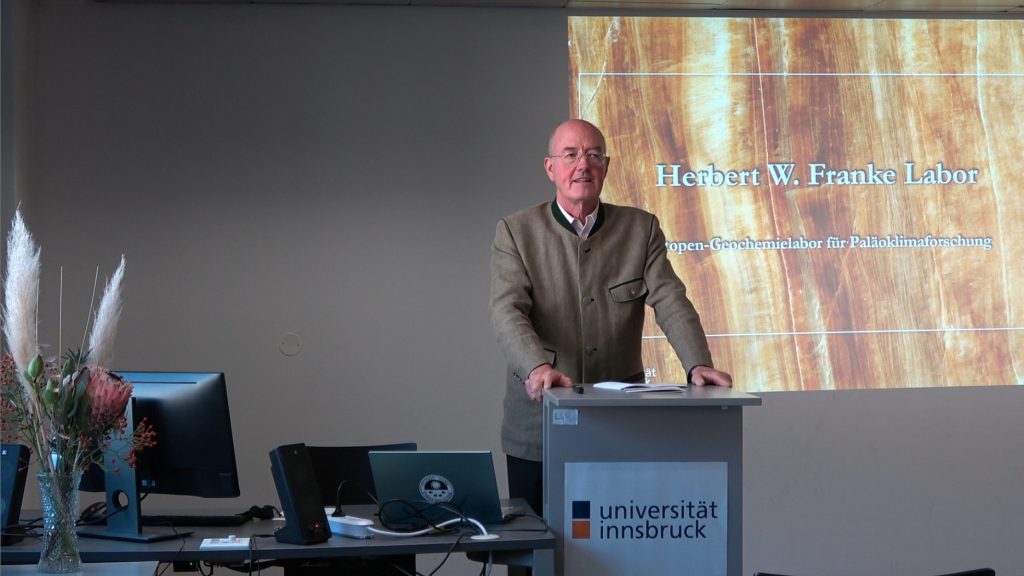
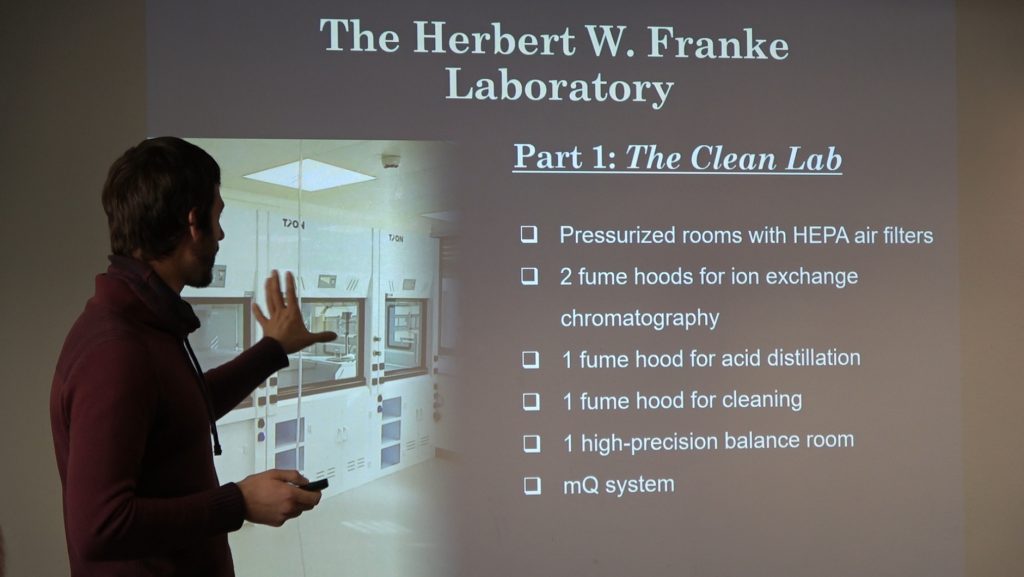
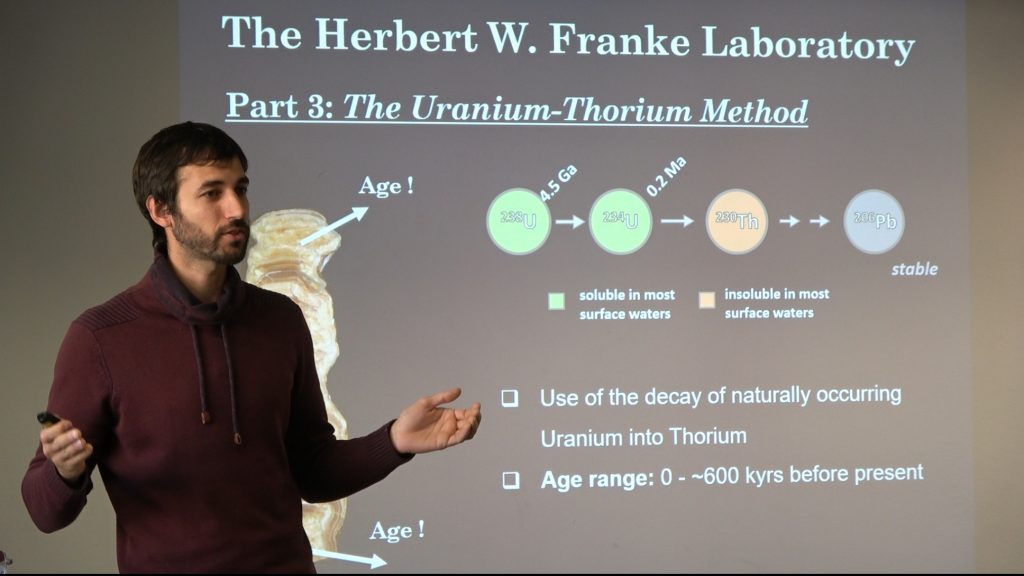
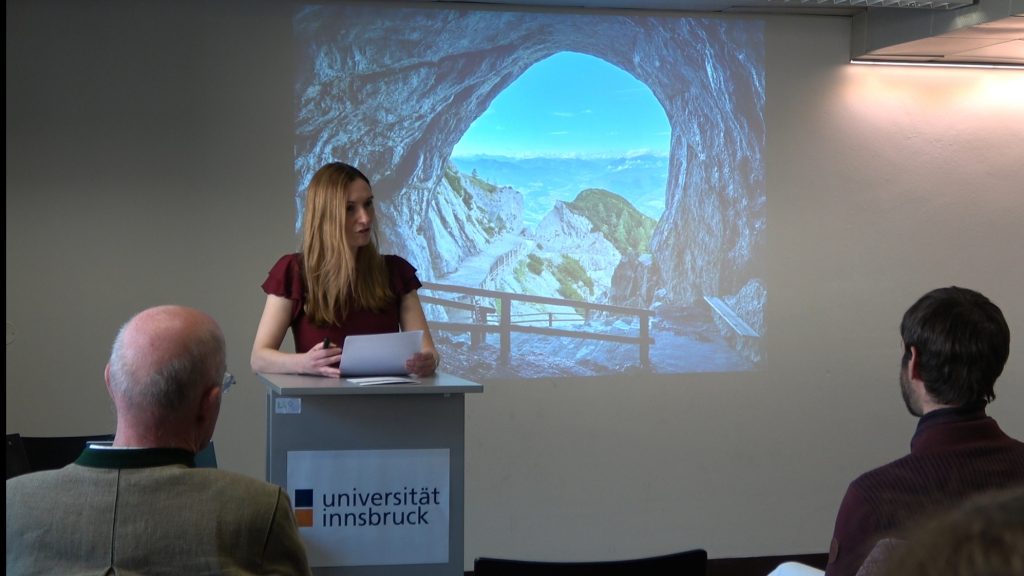
This technology offers the possibility of precise dating back to around half a million years ago,” says Christoph Spötl, Professor at the Institute of Geology and Dean of the Faculty of Earth and Atmospheric Sciences. There are already numerous samples waiting to be examined in the laboratory: “The purity of the air and the minimization of contamination, such as from metals, are key challenges in enabling precise geochemical measurements,” explains Christoph Spötl. Gina Moseley, a scientist at the Institute of Geology, is also looking forward to the new analysis methods: “I am very honored that the Foundation Herbert W. Franke has decided to support our new laboratory, which is dedicated to dating mineral deposits in caves for paleoclimatology. Herbert W. Franke was a visionary scientist who recognized early on the potential of these deposits for dating and reconstructing past climates.” University Rector Veronika Sexl looks to the future with excitement: “With the Herbert W. Franke Laboratory, the University of Innsbruck is gaining a facility that sets new standards in geological research. I look forward to the exciting results that will give us new insights into past environmental conditions.”
The new lab was named in honor of Herbert W. Franke (1927–2022), the Austrian physicist, speleologist, and media pioneer. He was one of the first scientists to study the dating of stalactites and stalagmites, thereby laying the foundation for the use of cave deposits as valuable archives of climate history. “I am delighted that the new dating lab for determining the age of sediments bears my husband’s name. I am deeply grateful to the University of Innsbruck and Dean Christoph Spötl for keeping the scientific legacy of this pioneer of cave exploration alive, thereby making it known to new generations in science,” emphasizes Susanne Paech.
